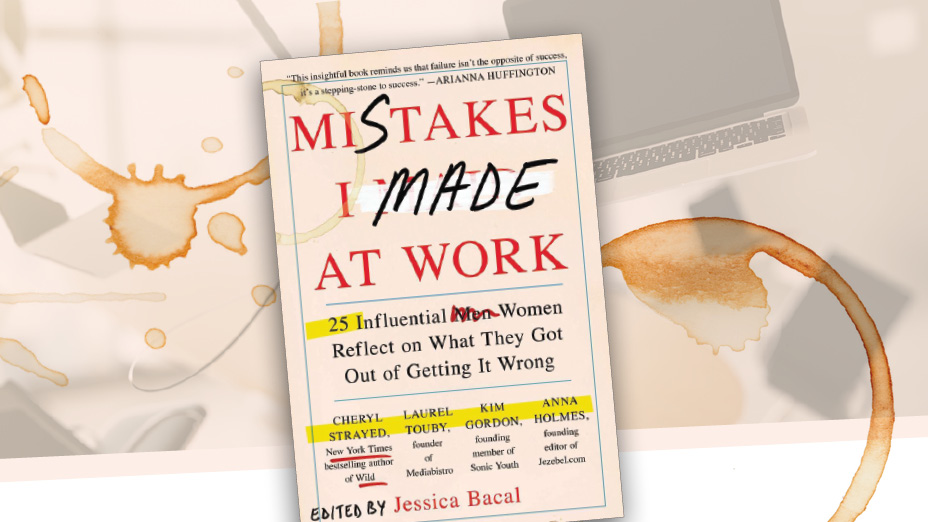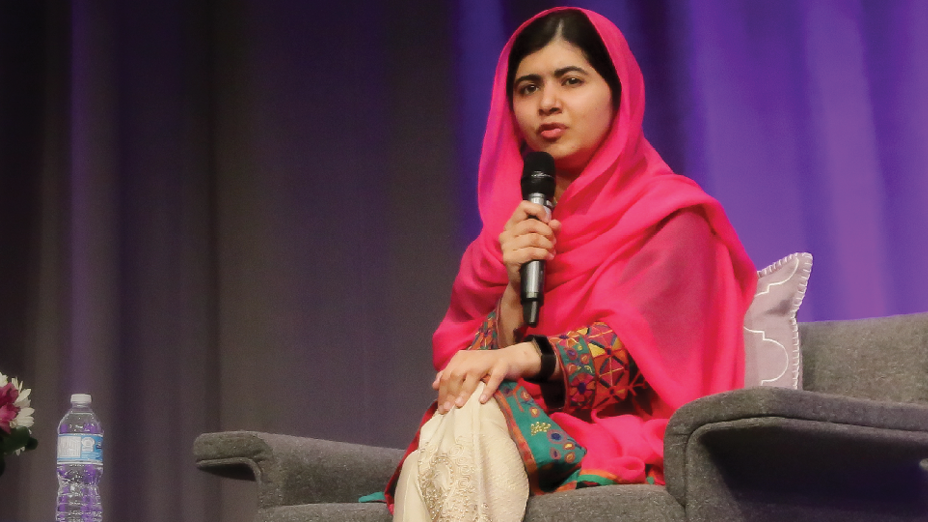A Look at Jessica Bacal’s Book: Mistakes I Made At Work
Summary Written By: Vanessa Chase
". . . I’d seen too many women waxing rhapsodic about ‘the value of learning from mistakes’ without actually describing any, to find that platitude helpful. It was advice served, like mediocre breakfast pastries, at just about every professional conference." - Mistakes I Made At Work, page X
We live in a culture where success, achievement and the appearance of reaching both effortlessly are revered. Very few people openly discuss the roadblocks and challenges that they faced along the way in their career. Yet, as we know from the wonderful work of Dr. Brené Brown, being open and vulnerable are the cornerstones of whole-hearted living and meaningful relationships. Somehow this has been missing in conversations about our careers.
Jessica Bacal explores this missing conversation in a particular context – women’s careers. Women face a unique set of gendered circumstances and biases in their professional and personal lives. Sheryl Sandberg scratched the surface of this in Lean In. The problem often remains that we talk to each other at a superficial level about learning from mistakes and doing things “right.” Bacal breaks the ice and shares 25 inspiring stories from women who have made mistakes at work along with their advice from the next generation of leaders. The list of remarkable women includes Ruth Ozeki, Kim Gordon, Anna Holmes and Laurel Touby to name a few. The sum of these stories and their advice is a new era of career advice for women; one that is steeped in vulnerability, authenticity and storytelling.
The Big Idea
Separate Yourself from Your Mistakes & Your Work" Successful people are able to say to themselves, 'While I may have screwed up, it doesn’t mean that I am a screw-up.'" - Mistakes I Made At Work, page XII
We spend the vast majority of our lives at work. For those who love their jobs, their individual identity and work can become inextricably intertwined. Even for those who are not as satisfied by their work, it can be hard to remove work from the definition of who you are. As an entrepreneur, this is a dilemma that I am well acquainted with. As Anna Holmes, founding editor of Jezebel shares, “Whether you get promoted or not, whether you’re part of the ‘cool kids club’ or not – these things are not indicative of your worth”.
Part of this challenge is derived from the cultural forces at play – a need for external validation that stems from achievement. But the bravest thing that we could possibly do is define our own future and success. Yes, it can be difficult to pull away from the cultural group-think, but when we define what we want for ourselves on our own terms, we can find a much deeper sense of satisfaction and happiness that exists beyond our work.
Insight #1
You Don’t Have to Follow the Prescribed Path
". . . the takeaway lesson for me was that I never wanted to be a judge. This was a great revelation, because in order to be esteemed in the legal profession, you are supposed to be aspiring to be a judge." - Mistakes I Made At Work, page 40
In nearly ever profession there is the proverbial ladder that you are supposed to want to climb. Reaching the top of the ladder is the narrowly defined concept of “success.” It usually means being in charge, being respected and making a lot of money. But as several of the women shared in Mistakes I Made At Work, sometimes you have to find your own path. This requires you to embrace a certain amount of risk.
As Lani Guinier shared, “My mother told me that even though I was very comfortable in Detroit, I was ‘too you to be middle-aged’ and should go to Washington, DC, to take a job I was being offered with the Civil Rights Division at the Department of Justice. She would remind me: ‘You can always go back to Detroit if that turns out to be what you want.’ Sometimes being comfortable in a place isn’t a good enough reason to stay there. It’s okay to take risks.”
Part of the gendered cultural conditioning women face is that we are taught to be quiet, steady and calm. Blazing our own trail and taking risks embodies none of those things and it requires us to go against every cultural boundary that we know.
Insight #2
We don’t know everything. And that’s okay!
"I would encourage every young woman to find at least one beautifully mucky place in which you’re not the expert – and then to wade in." - Mistakes I Made At Work, page 62
From a young age, we develop a fear of uncertainty. We learn that we will look “silly” or “stupid” if we don’t know the answers in class, so we are bullied into studying harder. But the truth is that there is a great advantage to not knowing everything or knowing all the rules. That advantage is known as a “beginner’s mind” and in that place we tend to be more open, creative and gentle with ourselves when we stumble.
Lisa Lutz, a New York Times bestselling author, shared her journey from being a screenwriter to a novelist. She said that the transition from one form of writing to another, with which she was unfamiliar, freed her to think beyond the traditional approach to novel writing. She simply had the goal of wanting to “write the most engaging book I could”. This is a wonderful story about the sometimes overly constricting boundaries that we rely on. When we’ve been in a profession long enough we develop a familiarity with the rule and structure of what we do. Unfortunately we (sub)consciously begin to restrict ourselves within them and that ultimately stifles our creative potential.
This is a lesson that especially resonated with me as I think that, in general, we are all averse to failure. It becomes tempting to remain in our comfort zone rather than stretching our abilities. But if we choose to remain in that space we will never witness our full capacity. We risk living small rather than living the extraordinary life.





.png)
.jpg)

%20(1).png)
What Did You Think?